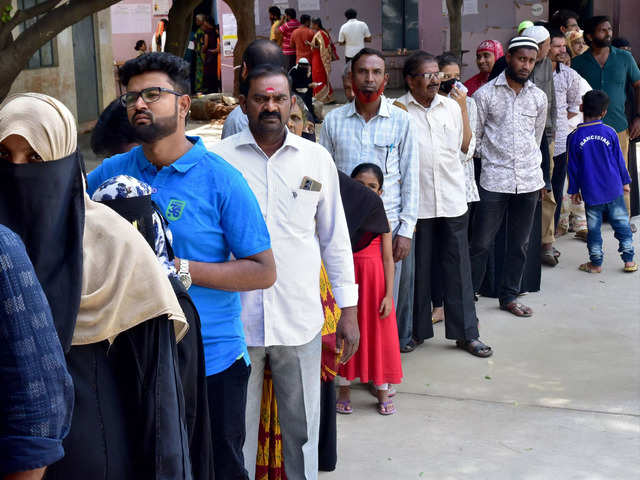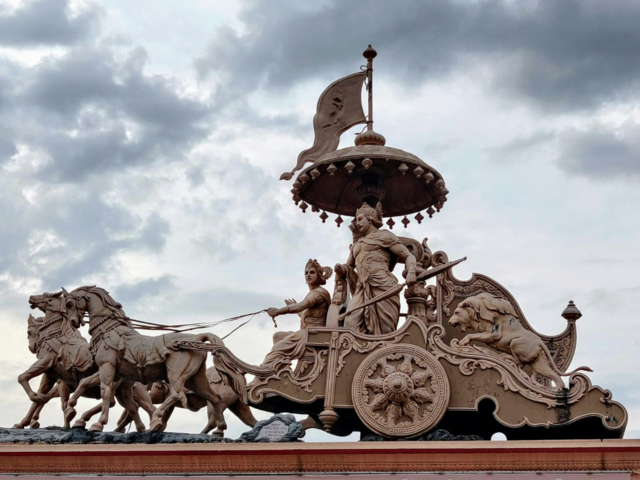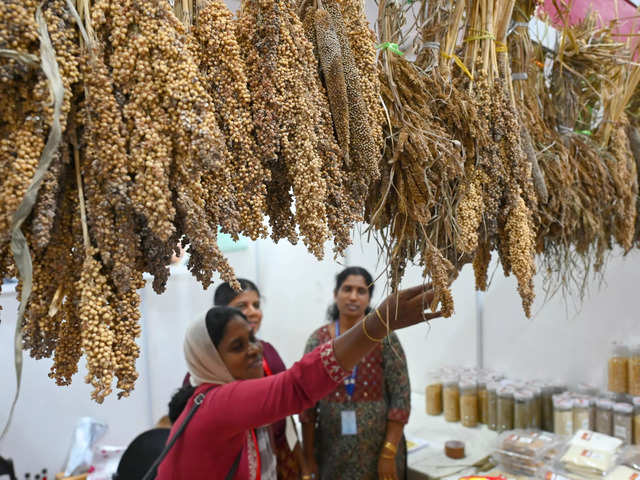
Kabeer Biswas, CEO & Co-Founder, DunzoDunzo
With half a million monthly transacting users and two million monthly transactions, Kabeer Biswas, CEO, is certain they...
Oct 21, 2019, 10:00 IST
brands
Dunzo is aiming at achieving 17 million monthly transactions by the end of next year, with minimal marketing
Oct 21, 2019, 10:00 IST
With half a million monthly transacting users and two million monthly transactions, Kabeer Biswas, CEO, is certain they...
Dunzo has grown 40X as a business and 8X in terms of number of people on its platform in the past 18 months.- While its present in eight cities currently, it aims to enter 20 cities in the long run because they believe that’s where 70% of the business comes from.
- With half a million monthly transacting users and two million monthly transactions,
Kabeer Biswas , CEO, is certain they will touch 15-17 million monthly transactions by the end of next year. - Recently Dunzo raised $45 million in a fresh round from
Lightbox ,Google ,3L Capital , and STIC Investment & STIC Ventures.
It was in 2015, while working at another startup in Gurgaon that the idea for Dunzo first came to CEO Kabeer Biswas. The thought was simple – in a day and age when one can hail a cab by tapping a few times on your phone screen, why can’t the same be done for everything else?
The thought primarily came to him because he was working for 15-16 hours everyday and did not want to waste his weekends on running errands. He ran the idea by a few friends in Bangalore, to get a validation on his idea, to get a sense of whether it was viable to run a
He set up Dunzo on a Whatsapp group and asked three of his friends to simply text him the chores they needed to get done. While there wasn’t much to do intially, within four months, it blew up on Whatsapp, Biswas had close to 10,000 users, without spending any money on advertising about the platform. It all happened through word-of-mouth. This was also the time when Biswas was the only person managing everything.
It was in 2016 that Karthik Reddy of Blume Ventures was in Bangalore and he heard about Dunzo from the wives of his friends. Curious to know more about the venture, he got in touch with Biswas and that’s how Dunzo raised its first capital. The most part of 2016 was spent in building a team and putting up the product on the store. By 2017, Biswas was clear about the business model, Dunzo would largely do three things for its consumers, the business would be about collecting requests from consumers, the platform would help them place those requests seamlessly, would manage payments and then figure out who the correct person on ground is to manage the request.
It was 2018 when Dunzo came under the spotlight, thanks to a $12.5 million funding from Google, its first direct investment in India. Since then, in the words of Biswas, ‘Things have been insane.’ He shares that while 2018 was all about building scale, 2019 has been all about managing that scale.
What’s worked in favour of Dunzo so far
While coming up with a business plan for Dunzo, Biswas says they were studying global players and seeing if they could find any parallel to what they wanted to achieve with their platform. The one platform that came closest to their offering was Indonesian unicorn Gojek, which is known to be a platform that delivers 'everything'.
So what is it that Dunzo is trying to achieve? Biswas says, “We have been told globally that the number of times people use Dunzo in Indian cities is higher than what they have seen anywhere else in the world. The top 10% of our users use us 20 times a month. People are using us to largely deal with the local world around them. Someone told us, think of Dunzo as a browser on the top of the real world. It makes the real world a lot more convenient, exactly how the browser allows you to easily surf the internet. I believe by 2025, local search will no longer exist. It will most likely look like Dunzo, where you won’t want to search but tell the app about a shop and item and expect the app to get the work done for you. And the platform will take care of the payment and the logistics at the same time.”
That the business model is working is clear from the fact that Dunzo has grown 40X as a business and 8X in terms of number of people on its platform in the past 18 months.
Creating the 2.0 versions of on-demand services platforms
Swiggy recently expanded its offering and launched Swiggy Go, an instant pick up and drop service to send packages anywhere across the city, a direct competition for Dunzo. While currently its offering the service only in Bengaluru, its plans are to expand to 300 cities by 2020.
However, Biswas is unfazed and hardly looks at Swiggy’s offering as a threat. “Today there are two types of businesses, the 1.0 and the 2.0 businesses. Swiggy looks very much like the 1.0 businesses which went behind scale and built out a massive platform but the utilization ratios don’t work out. Globally, everybody who is a part of a 1.0 business has had to pivot to 2.0. For me, this is, if anything, a pivot at Swiggy, where just delivering food wasn’t good enough to make money. This is not only about Swiggy, but about every 1.0 business out there. They have to figure out the 2.0 version of them. Our utilization numbers are atleast 50-60% higher than any of the other 1.0 businesses.”
Dunzo is also clear that they want to enter limited markets, and want to cover those markets extensively. “We believe that 20 cities account for almost 70% business in the country today. Our idea is to enter the top 20 cities in India and enter them deeply. We want to make sure that we are the largest local commerce player in these 20 cities. So we are very happy that Swiggy launched. Now that they have launched, we are still growing, and growing even faster. The only thing I can say is thank you, its helps us raise funds,” add Biswas with a laugh.
Dunzo might even think of crossing international borders, in the next two years, shares Biswas.
Plans for the next few quarters
Currently Dunzo has half a million monthly transacting users and two million monthly transactions. By the end of next year, they expect to have 15-17 million monthly transactions on their platform.
To achieve that, the platform will focus on improving their user experience. Biswas explains, “We genuinely believe that if you focus on building a better consumer experience, it leads to a better and sustainable business model. We are not in this business to gain market share but to make sure that we’re able to return our investor’s capital at some point. Every company that raises money has to give the money back and it has to be a sustainable business. So our focus will be to constantly invest on improving our consumer experience.”
Currently, an average order takes 28 minutes to get delivered and within the next six months, Biswas expects to bump this number up to 25 minutes.
Till today, Dunzo hasn’t spent too much on marketing the platform and it plans to keep it the same way in the foreseeable future. “For every 100 users that join Dunzo, 35-40 % of them are organic in nature. Around 35% come on board through incentivized referral channels, 15% come from BTL and 10% through digital,” explains Biswas. So no plans of using TV? His answer is a firm ‘No’. “I have this concept of ‘funny money’. When you have funny money, you should market big. However, if you are an internet business, why aren’t people talking to each other about you? They are all connected on the internet, so why do you need TV, really? TV is good for when your organic growth is slowing down and we are far away from it. It’s a trillion transactions that ‘we are chasing, and we are at 2 million currently. We have a long way to go,” he adds.
INSIDER INTELLIGENCE REPORTS







